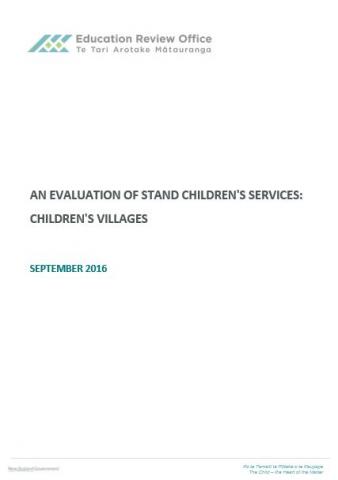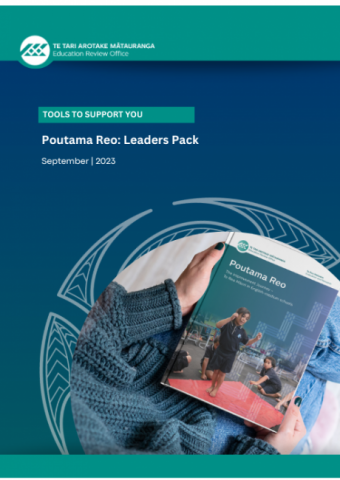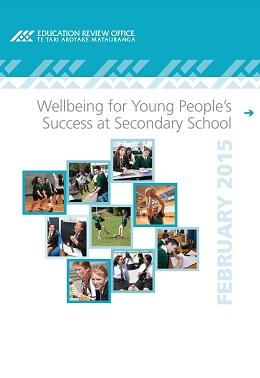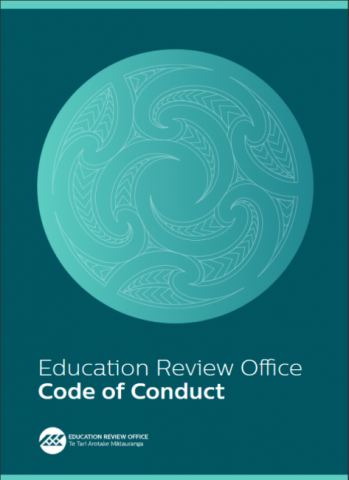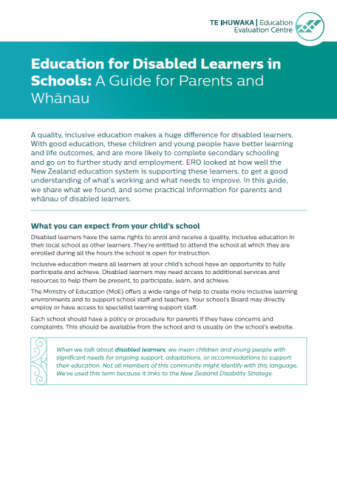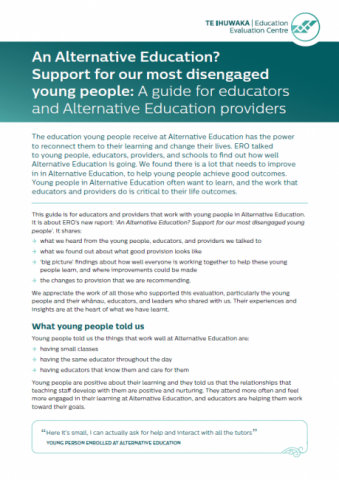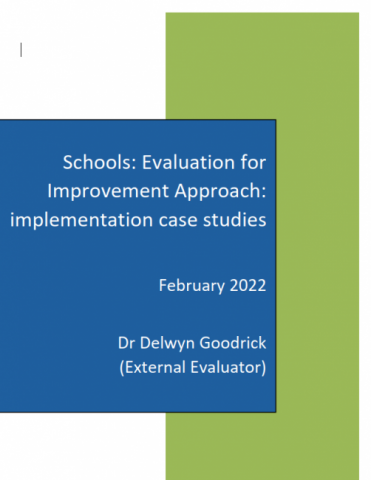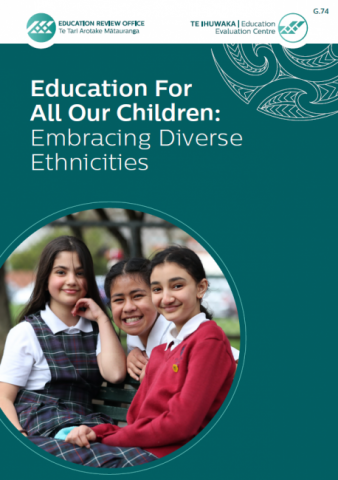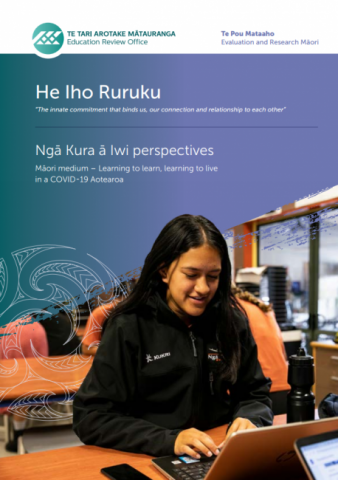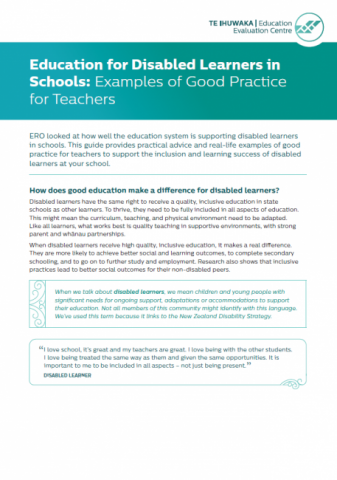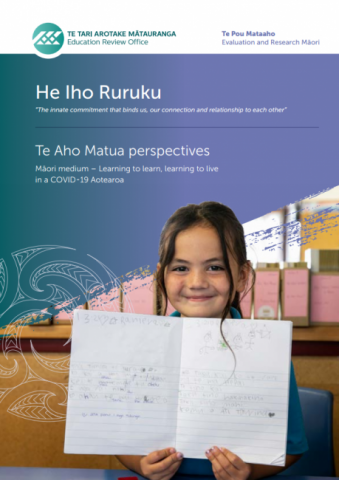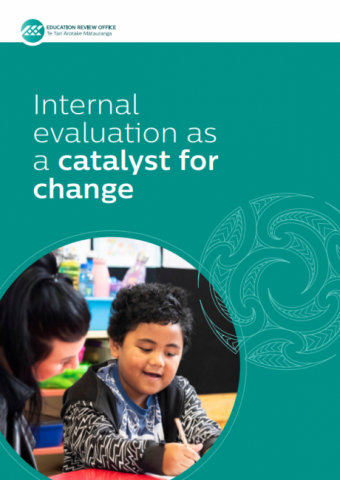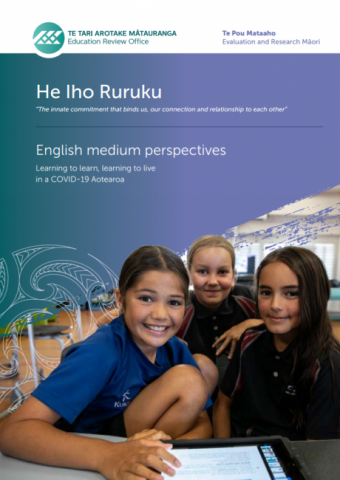Stand-alone hostels
Published: 08 Apr 2021
The Chief Review Officer under Sections 470 to 473 of the Education and Training Act 2020 has the authority to review all hostels as long as there are boarders in the hostel from one or more schools where they are enrolled.
- Audience:
- Education
- Parents
- Schools
- Content type:
- Basic page
- Topics:
- School hostels
